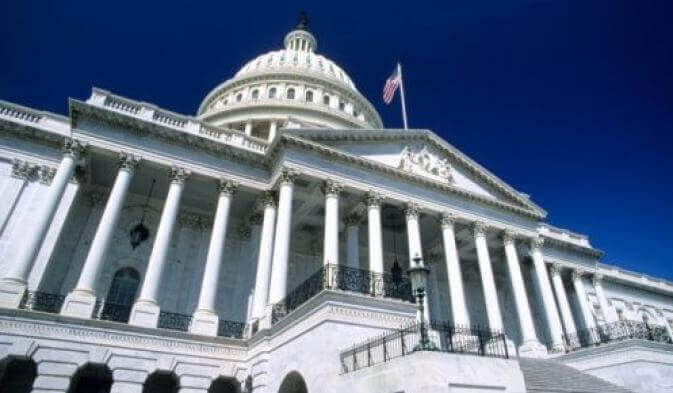Breaking News: The Obamacare Decision is In!
The Supreme Court has made a decision on Obamacare. What did they decide? And how will it affect you? Legal Lad explains

At long last, the Supreme Court has issued its decision on the “Affordable Care Act,” also known as “Obamacare.”
The bottom line: The entire statute was upheld, except for one portion of the Medicaid expansion.
The Court actually rejected the administration’s two primary arguments: that the individual mandate is justified under the Commerce Clause and the Necessary and Proper Clause. So now we know: Congress cannot use its regulatory power to compel activity. There must be some pre-existing activity (and it has to be of an “economic” nature) for Congress to be able to regulate.
But Chief Justice Roberts – who cast the deciding vote – accepted the validity of the mandate as a “tax” imposed to promote the “general welfare.” So: Congress cannot compel you to enter into commerce, but it can tax you if you refuse to enter into commerce. What are the limits to this doctrine? As far as I can tell they are:
- The tax cannot be so high that people have no choice but to purchase health insurance (or whatever product or service Congress decides to mandate next);
- Congress cannot attach any other “negative legal consequences” to the failure to engage in commerce. For example, Congress cannot impose criminal or civil penalties for failing to buy health insurance.
- The tax must be imposed regardless of intent, which means that Congress can’t impose a tax only on those who “intentionally refuse to buy health insurance.”
- The tax must be collected in the same manner as other taxes, that is, via the IRS.
The Court did strike down ACA’s Medicaid expansion which threatened to pull the plug on all Medicaid dollars for states that don’t expand their Medicaid rolls in line with the statute. This ruling is notable because it is the first time ever that the Court has ever struck down a program of conditional federal grants as being unduly coercive against the states. This ruling is meant to vindicate the 10th Amendment, which preserves state sovereignty in areas not delegated to the federal government.
Related Posts:
The Supreme Court and Healthcare: Final Arguments



